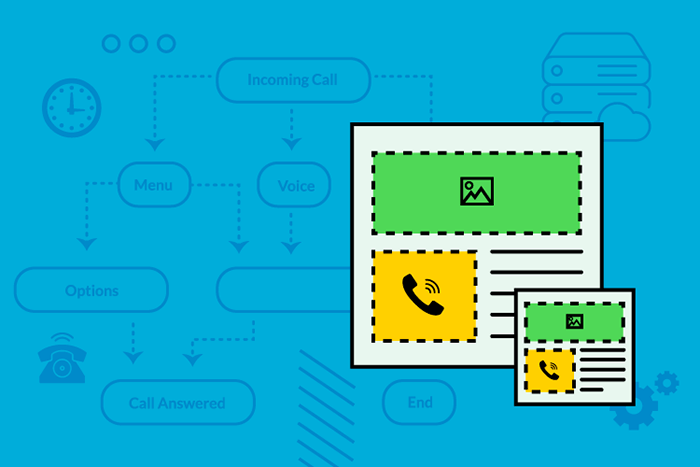by LIZ CHRISTO for Dear Stage 2
DEAR STAGE 2: I’m ramping up 2 new reps this quarter. As part of their onboarding, we’ve been listening to sales calls together, sharing feedback on what worked and what didn’t, and how we would improve the call overall. It’s been eye-opening to realize how inconsistent our discovery process has been. I’m hesitant to roll out a script, but it’s clear we need some more guidance around qualification. Where should I start? ~Prioritizing DiscoverySubscribe
DEAR PRIORITIZING DISCOVERY: Qualification is such a critical part of the sales process. Too often, sales leaders focus on listening to demos — but discovery is where a great demo starts! This process of reviewing game film, at all stages of a sales cycle, is a great way to get your team up to speed.
Why is discovery so important?
- Alignment on problem/goals: The more detail you can gather on your prospect’s current situation, the better prepared you will be to address them. If you can pinpoint their specific goals, you can tie your future conversations back to these learnings throughout the sales cycle.
- Demo prep and customization: You can use the valuable insights into the prospect’s unique requirements to deliver a demo that feels tailored. Small changes make a big difference here — this goes beyond adding the customer’s logo to the product (still good to do!), but is more about the examples you use, and what features of the product you choose to highlight or even skip, and how you talk about value. For example, if you know they are currently using a competitor and experiencing a specific challenge, you can ensure that you address that head on, making the entire demo experience more compelling and persuasive.
- Qualification (and disqualification!): Discovery is taking basic qualification a layer deeper and looking to identify the specific needs that align to your value prop and differentiation. This is also the time to listen for red flags. I’d rather see fewer well-qualified deals in the pipeline, allowing a team to efficiently allocate resources, than see a team stretched thin chasing deals that will never close. Disqualifying deals early can save valuable time and resources!
- Expectation setting: A deep understanding of the prospect’s business goals allows you to openly discuss the capabilities and limitations of your solution. This level of transparency early in your process sets the tone for the sales cycle and lays the foundation for a successful long-term customer relationship.
That said, every sales process is different. In an enterprise motion, you might have hours of discovery over multiple calls to fully unpack the prospect’s needs. With an SMB audience, you might be conducting the discovery on the same call where you demo the product.
Either way, the key is to craft a discovery guide to match your unique situation. You should set a bar for the minimum information required, and build out questions that will help reps delve deeper as needed. You’ll also want to practice with your AEs so they know what responses to listen for, where to ask follow up questions, and when to set next steps.
Need an example to get going?
Stage 2’s Mandy Cole put together an easy-to-implement, 5-step template — with actual talking points! — that reps can use to navigate discovery calls.
Here’s the TL;DR:
- Kick off your discovery call with some rapport building (“It looks like you live in <city>, how long have you lived there?”) and setting the agenda (I’d love to spend this time learning more about your goals and challenges…”).
- From there, start exploring the buyer’s current situation and pain points: “How are you <current process> today? What do you like about your current solution? What are the challenges?”
- Next, ask about the other options the prospect might be considering. Ask what they like about them, and what they dislike about them. You can also ask about what they’ve used in the past, and what worked / didn’t work.
- Then, it’s time to understand the consequences to the buyer if they cannot resolve the challenge: “If you don’t make progress on your goal of <x>, how does that impact you and the company?”
- Finally, you can close things off by recapping your conversation, and finalizing next steps: “Thanks again for your time today to get me up to speed. If I understand correctly…”
Additional Tips
- You’ll notice Mandy’s guide sets you up so that you’re spending the majority of your discovery call listening. In fact, studies show that winning discovery calls have a talk:listen ratio of 46% talk and 54% listen.
- Discovery is just a small piece of the equation. To learn more about building the first sales playbook, grab Mandy’s new ebook…… and check out slides 10-13 in our GTM Playbook Template to take you through Prospecting, Discovery and Onboarding as well.
